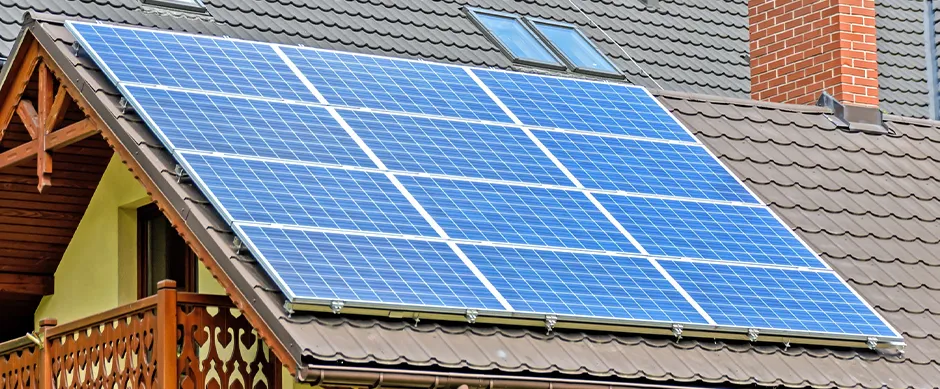Affordable 3kW Hybrid Inverter Pricing and Features for Sustainable Energy Solutions
Understanding the Cost of 3kW Hybrid Inverters
As the world moves toward renewable energy, hybrid inverters are becoming an essential component in the installation of solar power systems. A hybrid inverter allows homeowners and businesses to optimize their energy usage by enabling the integration of both battery storage and grid power. In this article, we’ll explore the pricing of 3kW hybrid inverters, their features, benefits, and considerations for potential buyers.
What is a Hybrid Inverter?
A hybrid inverter is a crucial device that manages the energy flow from multiple sources, such as solar panels, batteries, and the utility grid. Unlike traditional inverters, which convert direct current (DC) from solar panels into alternating current (AC) for household use, hybrid inverters can also manage battery storage. This capability allows users to store excess energy generated during sunny days for use during nighttime or power outages, thereby increasing the efficiency and reliability of their energy system.
The Price of 3kW Hybrid Inverters
The price of a 3kW hybrid inverter can vary significantly based on several factors, including brand, efficiency ratings, additional features, and installation costs. On average, you can expect to pay anywhere from $1,000 to $3,000 for a high-quality 3kW hybrid inverter.
1. Brand and Quality Established brands with a solid reputation for quality and reliability tend to offer more expensive models. Brands like SMA, SolarEdge, and Victron Energy often command higher prices but may offer better warranties, customer support, and reliability.
2. Features Hybrid inverters come with various features, such as smart energy management, remote monitoring capabilities, and advanced safety functions. Inverters equipped with more features typically come at a higher cost.
3. Installation Costs The initial price of the inverter is just one part of the total investment. Installation costs can add significantly to your expenditures. Professional installation is crucial to ensure safety and optimal performance, and this can range from $500 to $1,500 depending on your location and the complexity of the installation.
4. Incentives and Rebates It is important to consider local or federal incentives for renewable energy installations. Many regions offer rebates or tax credits that can offset the cost of hybrid inverters and other solar technologies, making the investment more affordable.
Benefits of Hybrid Inverters
Investing in a 3kW hybrid inverter comes with numerous advantages
hybrid inverter 3kw price

- Energy Independence With a hybrid inverter, you can generate your energy, store it in batteries, and rely less on the grid, which can lead to significant savings on your electricity bills.
- Environmental Impact Utilizing solar energy reduces your carbon footprint and reliance on fossil fuels, making it a more sustainable choice
.- Backup Power In the event of a power outage, a hybrid inverter with a battery can provide backup power, ensuring that critical appliances remain operational.
- Flexibility Hybrid systems are versatile and can be adjusted to meet increasing energy needs over time, such as adding more solar panels or batteries as your energy consumption grows.
Factors to Consider Before Purchasing
Before committing to a 3kW hybrid inverter, several factors should be evaluated
- Energy Needs Assess your household or business energy requirements to determine if a 3kW system is adequate. Homes that consume more energy might need a larger inverter.
- Battery Compatibility Ensure that the inverter you choose is compatible with the type of batteries you wish to use. Some inverters are designed to work with specific brands or technologies.
- Local Grid Conditions Understanding your local grid conditions can help you make an informed decision about your inverter. In areas with frequent outages, a hybrid inverter may offer significant advantages.
- Warranty and Support Look for inverters that come with a comprehensive warranty and reliable customer support to protect your investment.
Conclusion
The investment in a 3kW hybrid inverter can be a significant step toward energy independence and sustainability. While the cost range can vary, the benefits significantly outweigh the initial financial outlay for many users. By evaluating your specific needs, researching brands, and taking advantage of available incentives, you can make an informed choice that positions you well in the transition to renewable energy.
-
String Solar Inverter: The High-Efficiency Solution for Smart Solar EnergyNewsJul.14,2025
-
Revolutionizing Rooftop Energy with the Power of the Micro Solar InverterNewsJul.14,2025
-
Power Independence with Smart Off Grid Solar Inverter SolutionsNewsJul.14,2025
-
On Grid Solar Inverter: Powering the Future with Smart Grid IntegrationNewsJul.14,2025
-
Monocrystalline Solar Panels: High-Efficiency Power for the Future of Clean EnergyNewsJul.14,2025
-
Bifacial Solar Panel: A Smarter Investment for Next-Generation Energy SystemsNewsJul.14,2025







